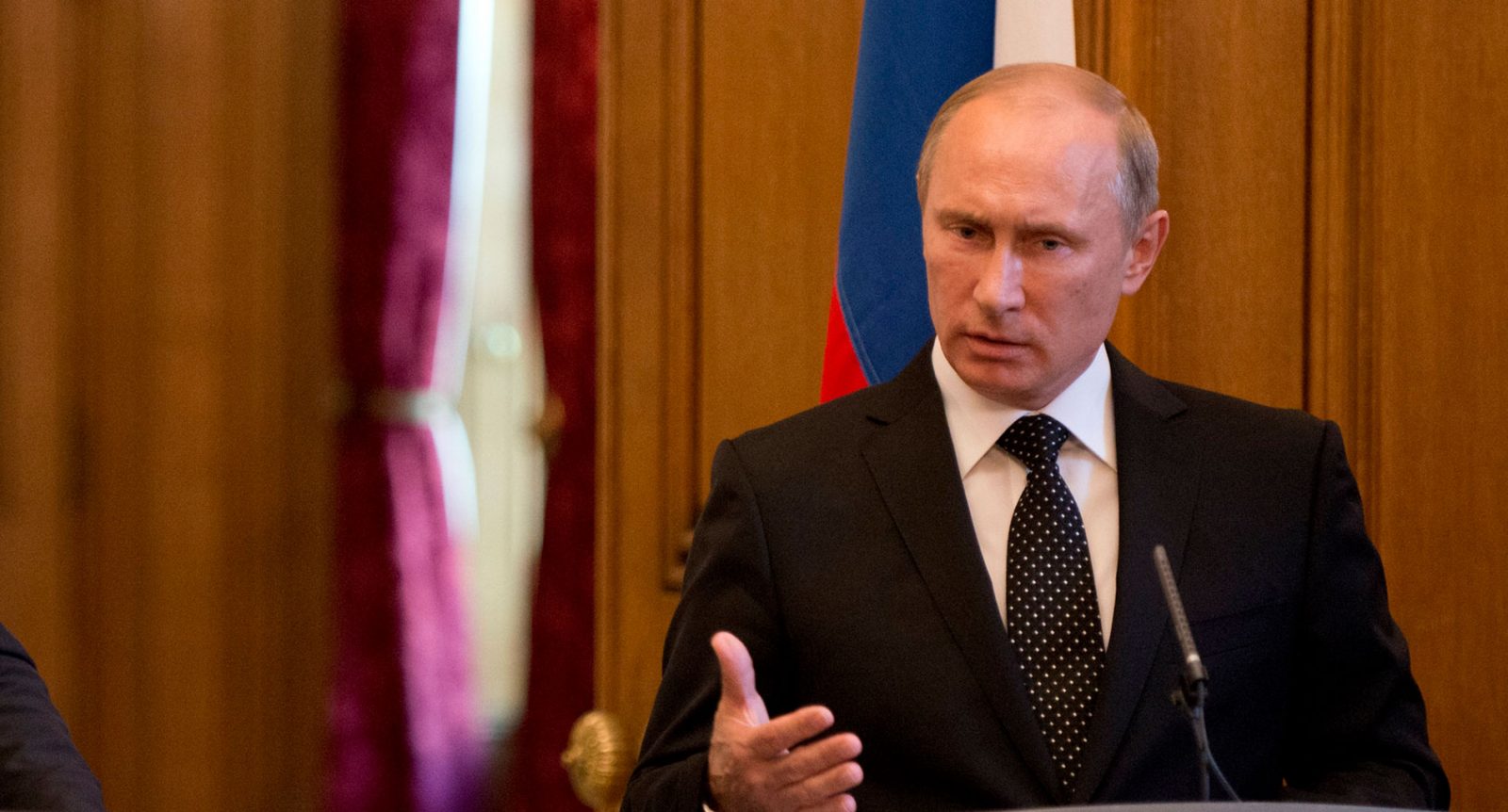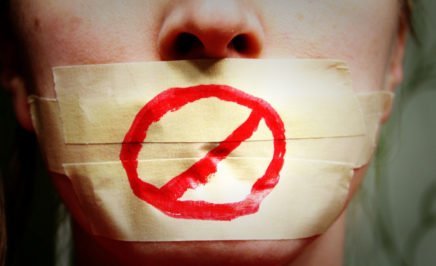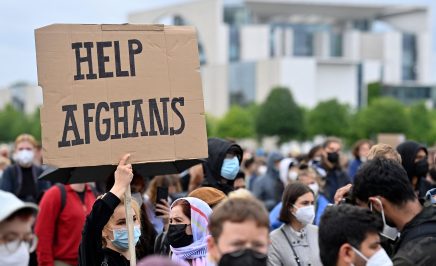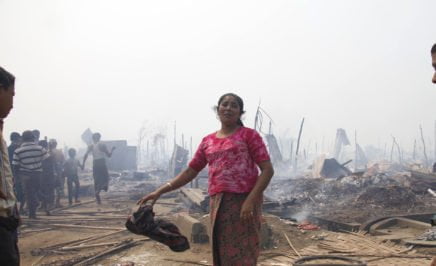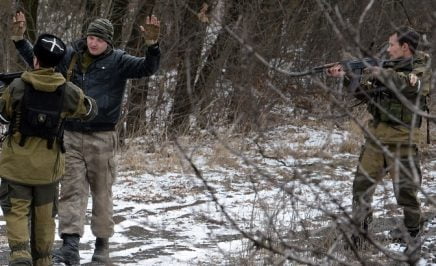The recent suspended conviction of Russian prisoner of conscience, Nikolai Platoshkin, and the forced dissolution of Otkrytaya Rossiya (Open Russia Movement), underscore the threats to the rights to freedom of expression, peaceful assembly and association in Russia.
Prisoner of conscience, Nikolai Platoshkin joins the ranks of peaceful activists convicted on politically-motivated charges meant to silence dissent. He has been convicted on absurd charges of “incitement to commit mass disorder” and “dissemination of false information.
Otkrytaya Rossiya (Open Russia Movement) has taken the decision to completely cease its activities and dissolve. According to Open Russia executive director Andrei Pivovarov, the decision to dissolve the movement was made to protect supporters from criminal prosecution given further tightening of the “undesirable organizations” legislation, which is being considered by the State Duma.
These latest attacks on human rights in Russia also comes in the context of the continued imprisonment of prisoner of conscience, Aleksei Navalny.
Amnesty International Australia has written to the Australian government, to urge Foreign Minister Payne to raise these matters with the Russian authorities and stand opposed to this threat to human rights. The international community has the responsibility to reject the continued prosecution and silencing of peaceful activists in Russia and require the immediate and unconditional release of Aleksei Navalny, Nikolai Platoshkin, and others imprisoned under political motivations, and to promote an open civil society that tolerates dissenting voices.
